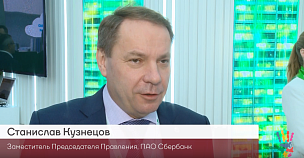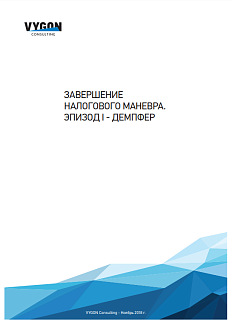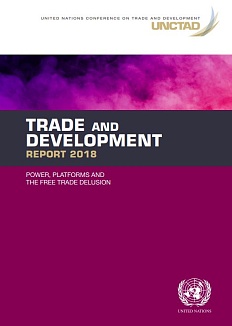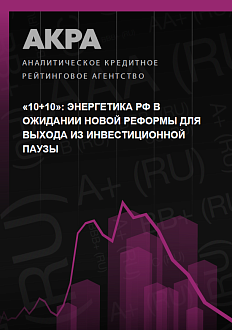Vice Chairman of IHS Markit Daniel Yergin is one of the most authoritative voices in the energy sector and a regular participant at the St. Petersburg International Economic Forum and other events hosted by the Roscongress Foundation. Excerpts from his appearances from 2016–2019 are provided below.
On the ‘king of fuel’
Today oil is the king of fuels in transportation, but it is hard to say how long it is going to be this way. Major important changes are happening now; we can go back to geopolitics and correlate these things.
On prices and politics
[Oil] prices are important both from an economic and a political standpoint. I remember the United States Congress elections, and there was discontent in Congress due to price fluctuations. Senators even talked to employees at petrol stations, and it’s a rare occurrence for a senator to personally stop at a petrol station.
On the defining technology of the 21st century
We have talked about solar and wind energy, but these are the technologies of the last century... This century, the key technology affecting the energy market and, significantly, Russia, is the shale revolution in the USA. We are currently seeing just how viable it is. It is still a fledgling industry, of course, and we call it ‘shale 2.0’ since there is already a global gas industry. The same thing [the influence of the shale revolution] is happening in the oil sector. The USA is now joining Russia and Saudi Arabia as a top global oil producer.
On the timeframe of the shale revolution
Shale will become a part of the global system in 3–4 years, and we will have to change in some way. This could prove rather traumatic.
On the foundations of the oil market
Russia is the largest producer, plus Saudi Arabia, these two countries are the basis of it. It’s a much bigger market that requires this kind of dialogue and cooperation for stability. And it makes sense to have that, there should be a dialogue between producers of this scale.
On the Arctic route
Things change. Ten years ago, the US was going to be abig importer of the LNG <...> There were going to be three countries in terms of LNG exports, but now it looks like there is going to be a fourth one, and thatis going to be Russia. Russia now has a whole new element, the Northern Sea Route. People are just now beginning to realise that Russia is going to be a big player.
On gas consumption
Gas will be used more in terms of facilitating new energy production capabilities. Two thirds will go to renewable energy sources, and the rest to gas. It is unlikely that this situation will change.
On digitalization
We have surveyed oil and gas companies, and we can see that the companies are experimenting, although these are just very early stages, with integration of digital capacities and artificial intelligence <...> Digitalization is a key factor for more efficient operations and reduced costs of hydrocarbon extraction.
On cars
What will happen in the industry and what will cars look like in 15 years? We call this ‘reinventing the wheel’. It is unclear whether cars will be largely electric or autonomous and what impact this will have on oil demand, whether it will increase or decrease. Nonetheless, it is clear that the automotive sector is seeing widespread change and rapid growth rates.
On unpredictability
One thing that we know about energy markets is that when everybody agrees about everything that is going to happen and what direction it is going to go in, something happens that changes the outlook.
The full recording is available to watch here:





